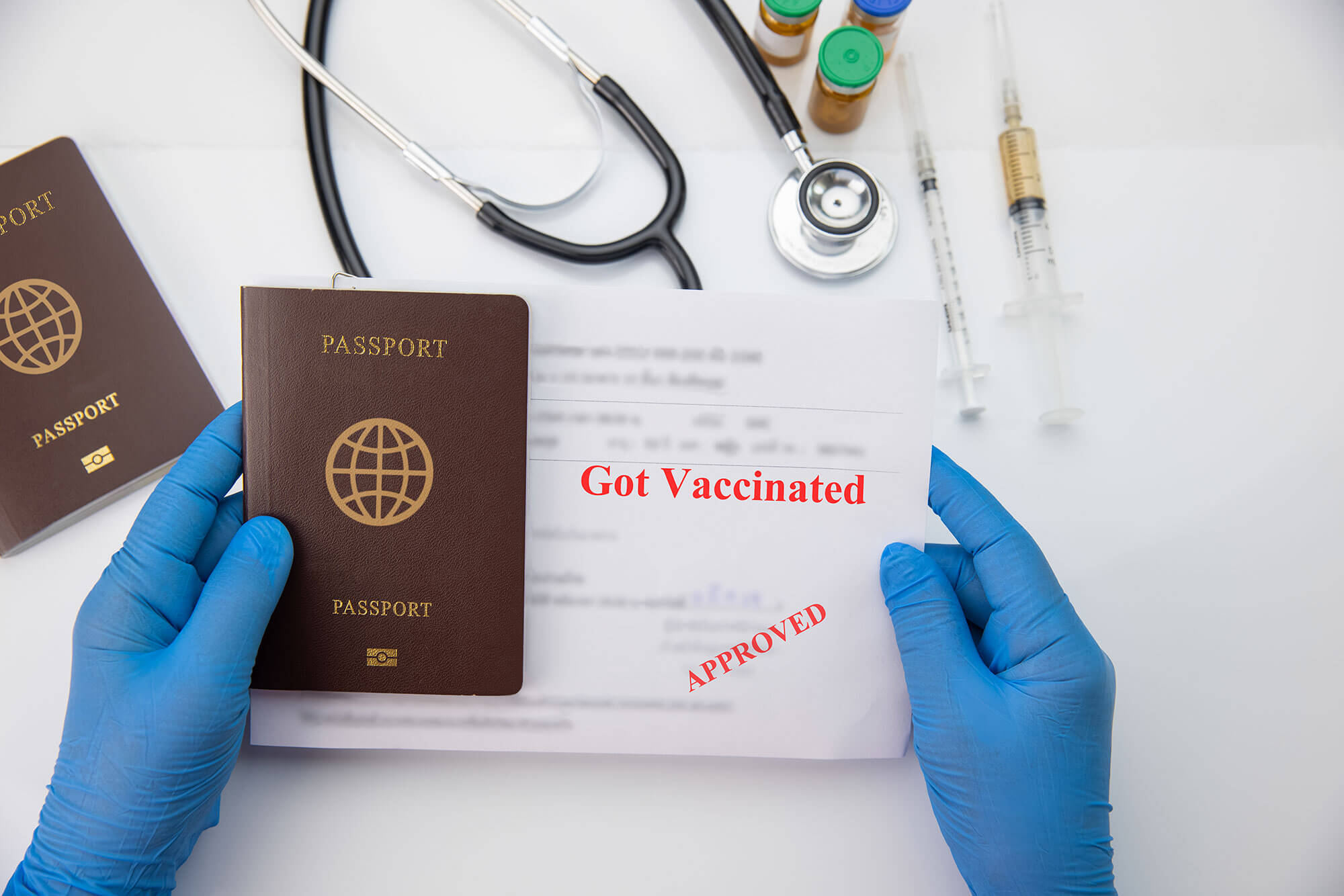Advertisement
We are all tired of restrictions, and many of us are aching to attend football matches, mega-church services or raves, and we all want the tourism industry to recover – both so that our economy can recover, and so that we can head off somewhere exotic to destress. We long for ‘normality’. So we are lining up for vaccinations and hoping that they (and the proof thereof) will fix the world and bring everything back to the way it was. But is a vaccine – and a ‘vaccine passport’ – the panacea it’s made out to be, or will it prove to be a two-edged sword with some unexpected consequences?
Vaccination passports are not new
Vaccination passports have been around for ages – although they have not been called that; they were known as an international certificate of vaccination. This has been necessary for many different reasons over the years. For example, there are many countries that you cannot enter without a yellow fever certificate, and most countries will not let you enter without one if you have travelled from a yellow fever-endemic country. So, really, a Covid passport would just be another line in the existing document.
What is a Covid passport?
The term ‘Covid passport’ has been used rather loosely to refer to a document that indicates that you have immune ‘status’ (which is not necessarily the same as actual, physical immunity), and that, consequently, allows you certain privileges. These may be used internationally and/or within countries, but, either way, they may prove problematic. In most cases, this ‘passport’ is likely to be an app, but actual physical documents or cards may also be used.
Advertisement
Covid passport for international travel
Some countries that have ‘opened’ their borders have already shown that they are willing to admit some people, but not others. South Africans, for example, are unwelcome almost everywhere – mainly because our vaccination programme is so damn slow. With one of the worst rollout performances in the world, we are behind many African countries, including Morocco, Nigeria, Ghana, Rwanda, Kenya and Senegal. So, because we’re kind-of personae non gratae in most countries in the world, a recognised certification of vaccination could go a long way to making it easier for us to travel to other countries.
But that’s not likely to happen soon. In response to a direct question at a press conference in Soweto on 8 April 2021, Health Minister Dr Zweli Mkhize said that his department was ‘investigating’ implementing vaccine passports, and that they will ‘revert’ once having formed a conclusion. No time scale was mentioned.
Vaccination apartheid
Many people have voiced concerns that attaching preferential status to people who have been fortunate enough to be vaccinated is likely to exacerbate global and local inequity. In a recent press statement in response to the UK’s including Kenya in a list of no-fly countries, Kenya’s Ministry of Foreign Affairs stated: ‘Sadly, however, Kenya continues to see, with deep regret, that vaccine-producing countries around the world have begun practising a form of vaccine nationalism, possessiveness and discrimination, coupled with a vaccine hoarding attitude that can only be described as a form of “vaccine apartheid”.’
The press statement went on to list the many positive ways that Kenya had dealt with the pandemic, intimating that the actions by the United Kingdom were not based on actual risk factors, but on a convenient, easily monitored, discriminatory factor, continuing thus: ‘This vaccine apartheid, coupled with the reckless calls for vaccine passports while not making the vaccines available to all nations, widens existing inequalities and makes it near impossible for the world to win the war against the pandemic. Vaccine-producing countries like the United Kingdom must remember that this virus did not originate in Africa, it knows no geographic boundaries, neither has it existed long enough for humankind to understand what it will morph into in the future.’
Kenya has responded by necessitating a two-week quarantine and two PCR tests (at their own expense) for all Britons, and people flying through Britain, before they can enter Kenya – in effect, ignoring their vaccination status. (Kenyan citizens are exempted.)
Covid passport vs iVompas
In countries that have implemented or are planning to implement Covid ‘passports’, these are likely to be necessary for access to gyms, pubs, football matches and – even – some public buildings. So far, Israel’s Green Pass is the most entrenched of the many planned and existing programmes worldwide. The EU, for example, is planning a continent-wide Digital Green Certificate.
While this seems like a good idea, it rings alarm bells somewhere in the back of my mind, because it sounds like a newer, more high-tech version of the good-old-bad-old dompas. And, I suspect, like the dompas did, the ‘vompas’ is likely to entrench inequalities, which may well impede economic and physical recovery in both the long and short term.



